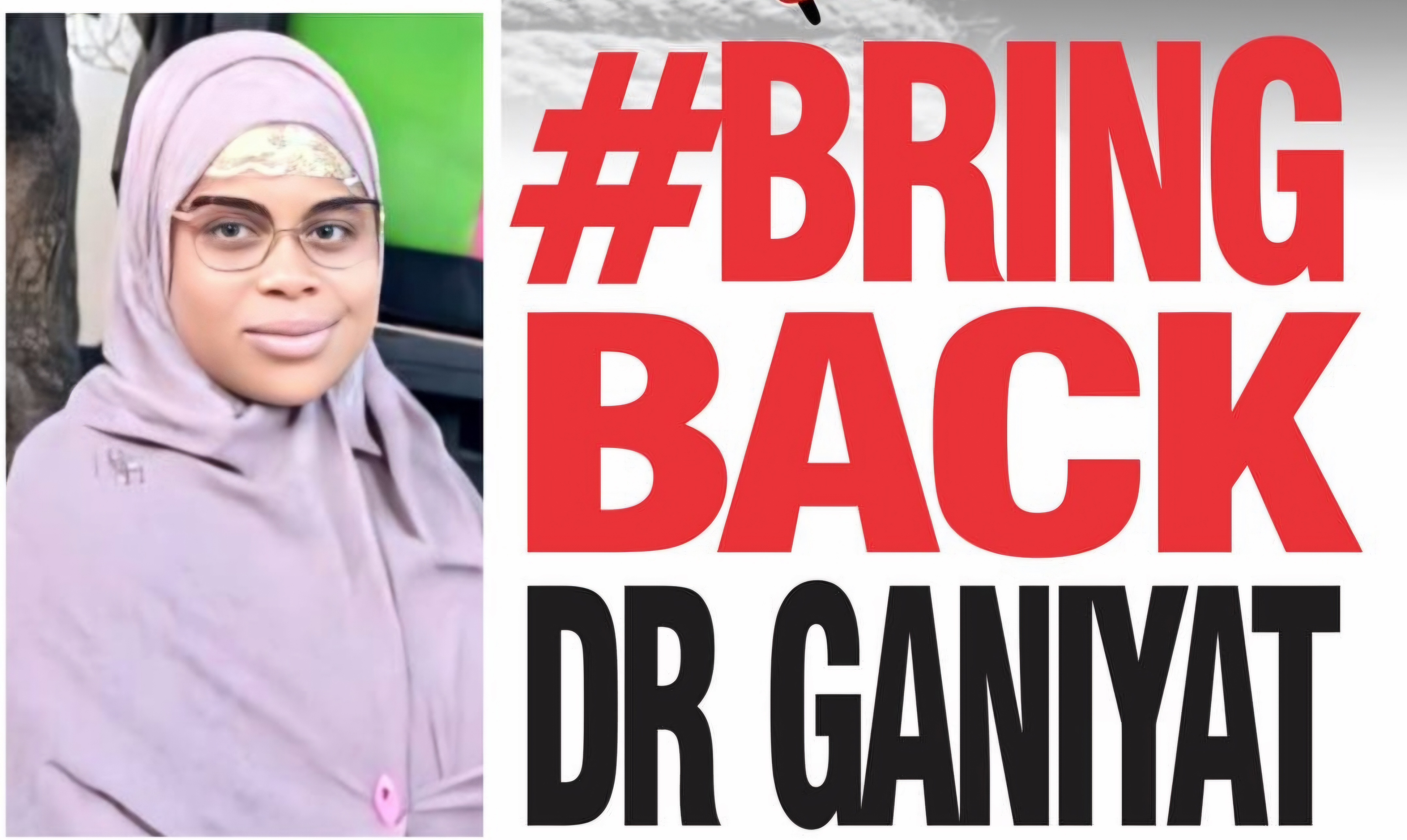
Breaking News: Unilorin Alumi Association: 'We were warned' - Opinion
Breaking News: Breaking: Court Restrains Oyo Assembly from Further Impeachment Process Against Makinde’s Deputy, Olaniyan
Breaking News: Labour leaders physically assault Ogun journalists for covering strike, harass hospital workers
Breaking News: Congratulations Asiwaju – Osinbajo’s spokesperson accepts defeat
Breaking News: Finalissima: Messi steals show, beats European Champion, Italy
After numerous countries condemned Iran’s attack on Israel, Tehran’s foreign ministry summoned the French, British, and German ambassadors following what it termed irresponsible positions of certain officials of the countries regarding Iran’s missile attack on Israel.
Late Saturday, Iran’s Revolutionary Guards Corps announced that they had launched “dozens of drones and missiles” towards military sites on Israeli territory.
“Iran’s military action was in response to the Zionist regime’s aggression against our diplomatic premises in Damascus” earlier this month, the Iranian mission to the UN said, dubbing it “legitimate defence”.
Israel’s army said it had shot 99 percent of the drones and missiles with the help of the United States and other allies, declaring Iran’s attack “foiled”.
The Iranian army chief of staff Mohammad Bagheri said the attack has “achieved all its objectives” and there was “no intention to continue this operation”.
Bagheri said Iran’s retaliation targeted an “intelligence centre” and the air base from which Tehran says the Israeli F-35 jets took off to strike the Damascus consulate on April 1.
“Both these centres were significantly destroyed,” he said, though Israel maintains that the attack only resulted in minor damage.
Attack ‘telegraphed’
Experts have suggested that Saturday’s slow-moving drone attack was calibrated to represent a show of power but also allow some wiggle room.
“It appears that Iran telegraphed its attack on Israel to demonstrate it can strike using different capabilities, to complicate the ability to neutralise the assault but also to provide an off-ramp to pause escalation,” said Nishank Motwani, senior analyst at the Australian Strategic Policy Institute in Washington.
“Tehran can escalate if it chooses to across a range of vectors,” said Motwani.
Over the last two weeks, the Iranian authorities had repeatedly vowed to “punish” Israel after the death of seven Guards including two generals of the Quds Force in the attack that levelled the Iranian consulate in Damascus.
Iran has blamed Israel for the attack.
In the days after the strike, Iran’s Supreme leader Ayatollah Ali Khamenei said Israel will be “slapped for that action”.
Since Iran’s 1979 revolution, Israel has been the sworn enemy of the Islamic republic.
Iran has often called for the destruction of Israel, with support of the Palestinian cause one of the pillars of the Islamic revolution.
However, until Saturday, Tehran had also refrained from a direct attack on Israel.
Instead, it has backed members of the so-called “Axis of Resistance” against Israel, including Lebanon’s Hezbollah and Yemen’s Huthi rebels, since the outbreak of war in Gaza between Israel and Palestinian militant group Hamas on October 7.
Hours before the strikes on Saturday, Iran seized an Israeli-linked container ship in the Gulf which Washington called “an act of piracy”.
‘Next slap will be fiercer’
During the night, Tehran warned the United States, urging it to “stay away” from its conflict with Israel.
“If necessary”, Tehran “will not hesitate to take defensive measures to protect its interests against any aggressive military action,” Iran’s foreign ministry said.
Foreign Minister Hossein Amir-Abdollahian later said Tehran had notified neighbouring countries ahead of the military operation, stressing its objective was “to punish the Israeli regime”.
“We are not seeking to target the American people or American bases in the region,” he said, but warned that Iran could target US military positions involved in “defending and supporting” Israel.
“The next slap will be fiercer,” warned a mural unveiled overnight in Tehran’s Palestine Square, where several thousands gathered, shouting “Death to Israel” and “Death to America”.
Before Tehran launched its attack, Israel warned Iran that it would suffer “the consequences for choosing to escalate the situation any further”.
Israel has not revealed what a potential response would look like.
An Israeli attack on Iran’s territory, possibly targeting military or nuclear sites, could not be ruled out, according to experts.
As a precaution, Iran’s Imam Khomeini international airport and the domestic Mehrabad airport will remain closed until Monday at 06:00 am (0230 GMT), according to ISNA news agency.
Several international airlines have suspended flights over Iranian airspace.
Countries including Russia and France have asked their citizens to avoid travelling to Iran and Israel.
AFP
Newsletter





We are not gonna make spamming
Copyright By @ HorizonTimes - 2026
BACK TO TOP